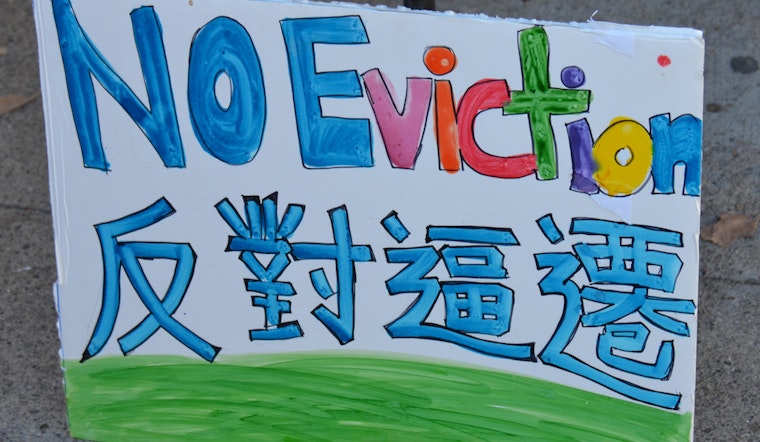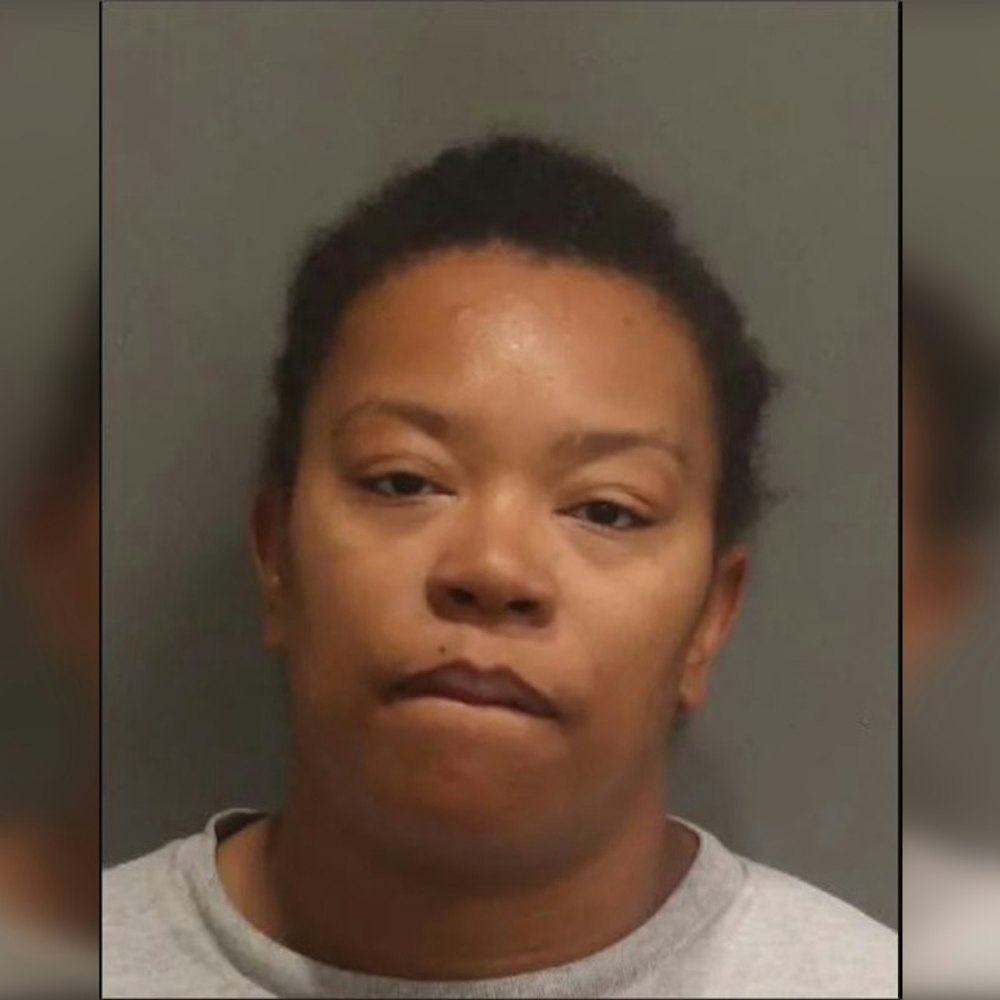
Two pieces of legislation were introduced to the Board of Supervisors yesterday, aiming to make it harder for landlords to fraudulently evict tenants by falsely claiming they plan to live in the property.
Both pieces of legislation, introduced by Supervisor Mark Farrell and by Supervisors Aaron Peskin and Jane Kim, would require property owners who conduct "owner move-in" evictions to sign a declaration under oath that they plan to follow all eviction laws.
Under state law, property owners are allowed to evict tenants if they plan to live in a residence themselves or to have a family member live there.
Once they do so, however, they are required to keep the unit off the rental market for at least three years. If they return it to the rental market, the original tenant has the right to re-rent it at the same rent, plus any allowable increases.
In practice, however, there is little enforcement of this requirement, and reports of fraud, with landlords returning the property to the market for much higher rents, are widespread.
Over the past four years, more than 8,000 people in San Francisco have been evicted from their homes, according to information from Farrell's office. Owner-move-in evictions have gone up more than 200 percent in the past five years, with nearly 1,500 owner-move-in evictions since 2013.
Farrell's legislation calls for the landlord to provide additional annual "proof of tenancy" documents showing that they or a family member is living in the residence for the required three years.
Farrell today said the legislation, created in response to reports of fraud by landlords who use the owner move-in process to evict tenants without intending to live in the property, is intended to "put people over profits."
"Unfortunately, a financial incentive exists for owners to wrongfully evict someone just to make a buck," Farrell said. "I'm going to do everything in my power to stem the tide of unlawful evictions."
The proposal drew a mixed response today from tenants' groups.
Scott Weaver, a spokesman for the San Francisco Tenants Union, said it was good to see an effort to follow up on landlords after owner move-in evictions. However, he said Farrell's proposal would probably not have the desired effect.
"The problem is, there's no enforcement," Weaver said, noting that his organization would prefer legislation providing enforcement mechanisms, such as a private right of action or follow up by the city attorney's office.
Peskin and Kim's legislation, while still under development, includes some additional measures, including a requirement that the notice to vacate include the existing maximum rent, and that the rent board notify residents of the maximum rent allowed for the property on an ongoing basis.
In addition, a landlord found to be charging more than the prevailing rent on the notice to vacate during the three-year time period after the eviction could be prosecuted by the district attorney's office, under Peskin and Kim's proposal. The crime would be a misdemeanor with a penalty of $100,000 and up to six months in jail.
District Attorney's Office spokesman Max Szabo today said that a state Supreme Court decision has made prosecuting illegal owner move-in evictions "nearly impossible" under currently laws.
Consequently, the district attorney's office is working with legislators to try to find ways to deter illegal evictions and allow prosecution of those committing fraud, he said.
"While the proposals may differ, there is agreement at City Hall and at the Hall of Justice: These are fraudulent evictions that have resulted in many longtime San Franciscans losing their homes," Szabo said. "It is a practice that has to end."
A related hearing on how the city tracks and enforces evictions, sponsored by Peskin and Kim, is planned for later this month before the board's Government Audit and Oversight Committee. —Sara Gaiser









